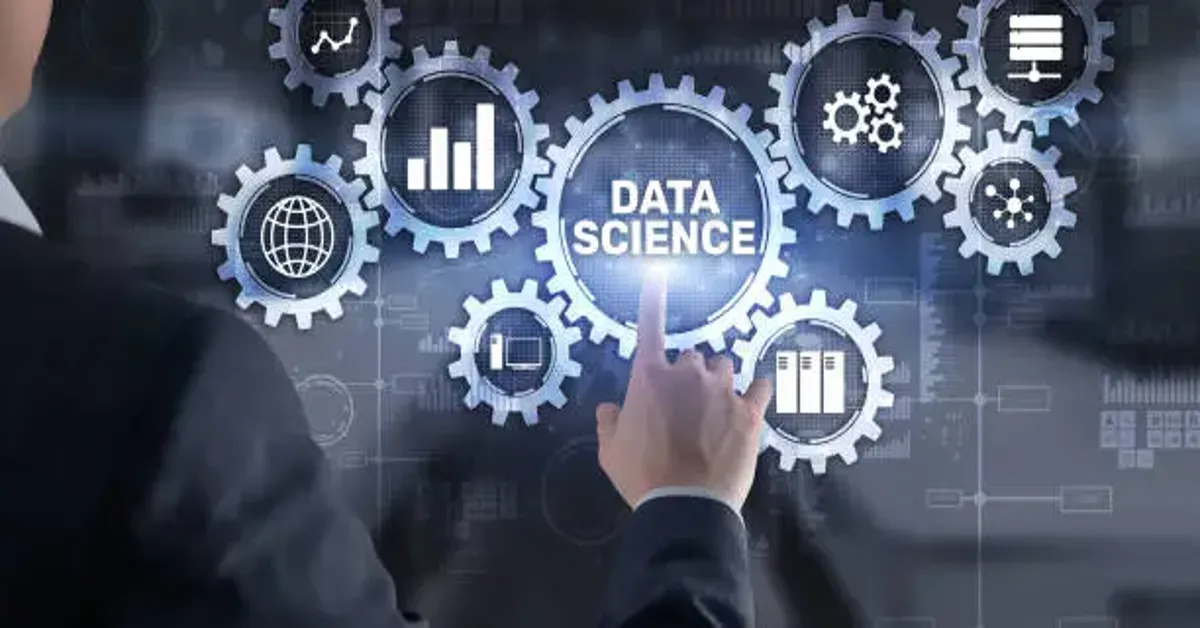In 2025, data science has evolved from a niche domain into a foundational skill across industries — from finance and healthcare to retail, logistics, and even HR. The good news? You no longer need a background in software engineering or mathematics to break into the field. With the rise of user-friendly tools, guided learning platforms, and AI-assisted workflows, the path is now more accessible than ever. For non-tech professionals looking to pivot into data science, enrolling in a structured online data science course is an ideal first step. These programs are designed to help you build confidence with data tools, understand core concepts, and apply them in real-world scenarios — regardless of your prior experience.
The demand for data-savvy talent continues to rise as organizations rely on data-driven insights to remain competitive. In 2025, businesses are not just hiring data scientists — they’re hiring data-literate professionals who can bridge the gap between analytics and business strategy. That’s where non-tech professionals have a unique edge. If you come from domains like marketing, operations, sales, or finance, you already understand the business problems — and data science can help you solve them better and faster.
The first step in your transition journey is developing a foundation in data literacy. This means understanding how data is collected, cleaned, analyzed, and visualized. Tools like Excel, SQL, and Tableau are excellent entry points. From there, you can progress to learning Python or R — both of which are now taught through beginner-friendly, no-code-to-code transitions in many online courses. Platforms like Jupyter Notebooks or low-code environments further reduce the technical barrier.
AutoML tools and GenAI applications are also simplifying entry into the field. In 2025, you can build machine learning models or analyze complex datasets with simple drag-and-drop interfaces or natural language prompts. The emphasis is shifting from “how to code everything” to “how to think like a data scientist” — focusing on asking the right questions, interpreting results, and communicating findings effectively.
To succeed, you’ll also want to develop soft skills like critical thinking, storytelling with data, and domain-specific knowledge. Employers are increasingly looking for data professionals who can translate numbers into insights that drive action. Whether it’s forecasting customer churn, analyzing campaign ROI, or improving supply chain performance, your ability to contextualize data within your field will set you apart.
It’s also essential to work on real-world projects. Many online courses now include capstone projects, case studies, and datasets from actual companies — giving you a chance to build a portfolio even before you apply for your first role. This practical experience is crucial for landing interviews and showcasing your transition journey with confidence.
If you’re ready to future-proof your career and pivot into one of the most dynamic fields of the decade, now is the time to act. Enrolling in an online data science course tailored for beginners or non-tech professionals can provide the guidance, mentorship, and structure needed to make the leap. With a hands-on, step-by-step learning experience, you’ll not only gain technical skills but also unlock new career paths that blend your existing strengths with the power of data.

